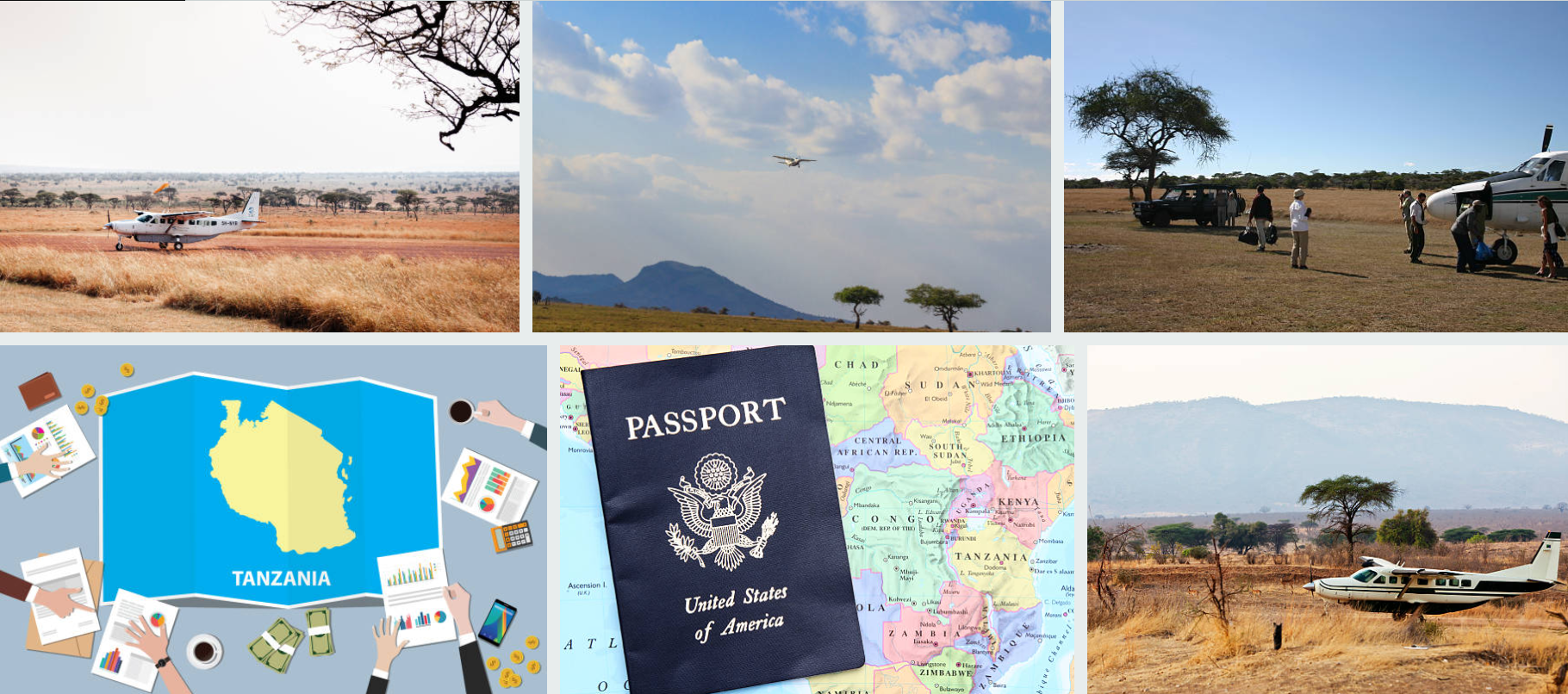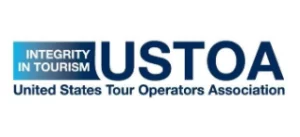What Travel Documents Do I Need for a Tanzania Safari in 2026?
Planning a safari to Tanzania in 2026 is an exciting adventure, but ensuring you have the correct travel documents is crucial for a smooth and hassle-free journey. Tanzania is a premier wildlife destination, home to the Serengeti, Mount Kilimanjaro, and the Ngorongoro Crater. To enter the country legally and enjoy your safari without complications, you must prepare the necessary paperwork well in advance.
This guide covers all the essential travel documents required for a Tanzania safari in 2026, including passports, visas, vaccinations, permits, and other important considerations.
1. Valid Passport
The most fundamental document for international travel is a valid passport. For entry into Tanzania, your passport must meet the following requirements:
-
Validity: Your passport should be valid for at least six months beyond your intended departure date from Tanzania. If your trip is in January 2026, your passport should not expire before July 2026.
-
Blank Pages: Ensure your passport has at least two blank visa pages for entry and exit stamps. Some airlines may deny boarding if this requirement is not met.
-
Condition: Damaged or heavily worn passports may be rejected. If your passport is torn, has water damage, or missing pages, renew it before traveling.
What to Do if Your Passport Is Expiring Soon?
If your passport is close to expiration, apply for a renewal at least 3-6 months before your trip to avoid delays. Processing times vary by country, so check with your local passport office.
2. Tanzania Visa Requirements
Most travelers need a visa to enter Tanzania. The country offers several visa options, including e-visas, visas on arrival, and traditional embassy-issued visas.
A. Tanzania Tourist Visa
-
Who Needs It? Citizens of the US, UK, Canada, Australia, EU, and many other countries require a visa.
-
Visa Types:
-
Single-Entry Visa: Allows one entry (valid for up to 90 days).
-
Multiple-Entry Visa: For travelers visiting neighboring countries (e.g., Kenya or Uganda) and re-entering Tanzania.
-
B. How to Get a Tanzania Visa
Option 1: E-Visa (Recommended)
The easiest way to obtain a Tanzania visa is through the online e-visa system.
-
Application Website: https://immigration.go.tz
-
Processing Time: 10-15 business days (apply at least one month before travel).
-
Cost: Approximately 50−100 depending on nationality and visa type.
-
Documents Required:
-
Passport bio page scan
-
Passport-sized photo
-
Travel itinerary
-
Proof of accommodation (safari lodge/hotel booking)
-
Yellow fever certificate (if applicable)
-
Option 2: Visa on Arrival
Some nationalities can obtain a visa upon landing at major airports (Kilimanjaro, Dar es Salaam, Zanzibar).
-
Pros: No need to apply in advance.
-
Cons: Long queues, risk of denial if documents are incomplete.
-
Required Documents:
-
Passport
-
Proof of return flight
-
Cash (USD) for visa fee
-
Option 3: Embassy Visa
If your country does not qualify for an e-visa or visa on arrival, apply at the nearest Tanzanian embassy.
Visa Exemptions
A few nationalities (e.g., Kenya, Rwanda, Uganda, South Africa) do not require a visa for short stays. Check the latest updates before traveling.
3. Yellow Fever Vaccination Certificate
Tanzania does not always require a yellow fever vaccination certificate unless you are arriving from a yellow fever-endemic country (e.g., Kenya, Ethiopia, Uganda). However:
-
Some airlines may ask for it before boarding.
-
If you visit Zanzibar after mainland Tanzania, officials may request proof.
Recommended Vaccinations for Tanzania Safari
While not always mandatory, these vaccines are advised:
-
Yellow Fever (if traveling from a risk country)
-
Hepatitis A & B
-
Typhoid
-
Rabies (for extended stays or remote areas)
-
Malaria Prophylaxis (Tanzania is a malaria zone)
Carry your International Certificate of Vaccination (ICV) if you get the yellow fever vaccine.
4. Flight Tickets & Travel Itinerary

Immigration officers may ask for:
-
Return or onward flight ticket (proof you will leave Tanzania).
-
Safari itinerary (tour operator details, hotel bookings).
If you book through a safari company, they often provide an invitation letter, which can help with visa applications.
5. Travel Insurance (Highly Recommended)
While not always mandatory, comprehensive travel insurance is crucial for a Tanzania safari. It should cover:
-
Medical emergencies (including evacuation).
-
Trip cancellations or delays.
-
Lost luggage or stolen belongings.
-
Adventure activities (if climbing Kilimanjaro or trekking).
Some luxury lodges and tour operators require proof of insurance before confirming bookings.
6. Safari Permits & Park Fees
Tanzania’s national parks require entry permits, usually arranged by your tour operator. Key permits include:
-
Serengeti National Park (70−80 per person per day).
-
Ngorongoro Conservation Area ($70 + vehicle fees).
-
Kilimanjaro National Park (climbing permits start at $800+).
Your safari company typically handles these, but confirm before travel.
7. Driving License (For Self-Drive Safaris)
If you plan a self-drive safari, you need:
-
International Driving Permit (IDP) + home country license.
-
Tanzania driving permit (obtained locally).
Note: Self-driving in national parks is not recommended due to complex terrain and wildlife risks.
8. Additional Documents for Minors
If traveling with children under 18, Tanzania requires:
-
Child’s passport & visa.
-
Birth certificate (certified copy).
-
Parental consent letter (if one parent is absent).
This prevents child trafficking and ensures smooth entry.
9. COVID-19 & Health Requirements (If Applicable in 2026)
While most COVID-19 restrictions have eased, check for updates before travel. Requirements may include:
-
Vaccination proof.
-
PCR test before departure.
Monitor the Tanzanian Ministry of Health or WHO for 2026 updates.
10. Emergency Contacts & Copies of Documents
Before departure:
-
Scan all documents (passport, visa, insurance) and email them to yourself.
-
Carry printed copies in case of loss or theft.
-
Save embassy contacts:
-
US Embassy Tanzania: +255 22 229 4000
-
UK High Commission: +255 22 229 0000
-
Final Checklist for Tanzania Safari Documents (2026)
✅ Passport (6+ months validity, 2 blank pages)
✅ Tanzania Visa (E-visa or visa on arrival)
✅ Yellow Fever Certificate (if required)
✅ Flight Itinerary & Return Ticket
✅ Travel Insurance (with medical coverage)
✅ Safari Booking Confirmation
✅ Vaccination Records (recommended)
✅ Emergency Contact Copies
A Tanzania safari in 2026 promises unforgettable wildlife encounters, but proper documentation is key to a stress-free trip. Start preparing early—renew your passport, apply for a visa, check vaccination rules, and ensure you have all necessary permits.









